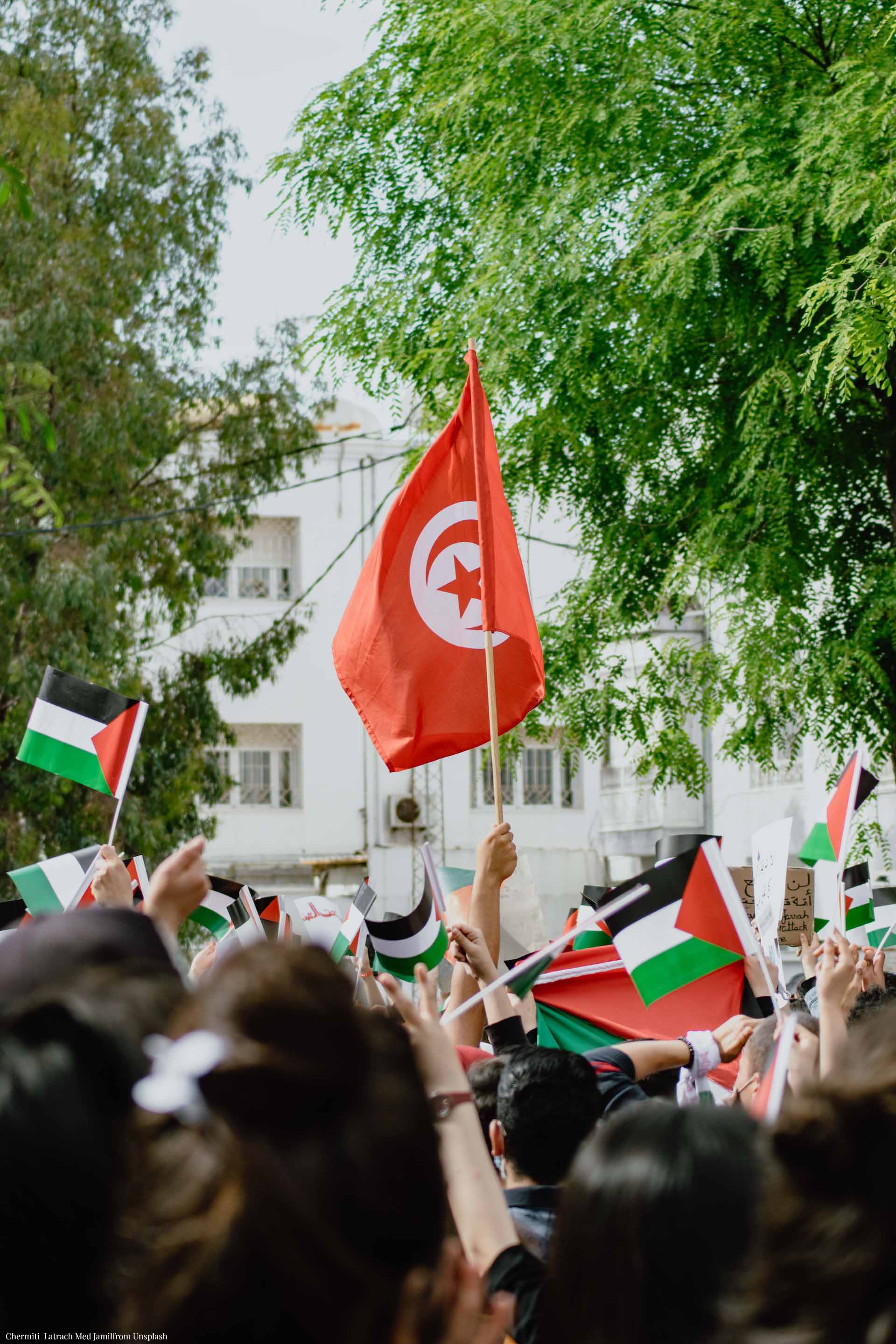March 16, 2023
Racially-Motivated Attacks Leave International Students in Tunisia Fearful to Attend Classes

I International students in Tunisia are facing a hostile environment following racially-motivated attacks that began after a speech by the Tunisian president in February. The attacks have left many Sub-Saharan African students in Tunisia feeling unsafe and afraid to attend classes. The situation has prompted some countries, including Mali, Guinea, and the Ivory Coast, to begin voluntary repatriations of their citizens in Tunisia.
The violence erupted after Tunisian President Kais Saied's speech in which he described migrants from Sub-Saharan Africa as "hordes" bringing "violence, crime and unacceptable practices" to Tunisia. The speech was widely condemned internationally, and mobs took to the streets to attack black migrants, including students. Over 40 students were reportedly arrested while others were detained and deported by the police.
…the racially-motivated attacks in Tunisia are a worrying development, leaving Sub-Saharan African students feeling vulnerable and unsafe... the measures introduced by the Tunisian authorities and educational institutions are welcome, but more needs to be done to ensure the safety and well-being of international students in Tunisia…
According to AESAT, two Congolese students were attacked on the same day the statement was released. The group has urged students to be "extremely careful" when travelling to university, and many are now studying online to avoid leaving their homes.
Following the attacks, Christian Kwongang, president of AESAT, an association for African students and trainees in Tunisia, warned that students feel unsafe travelling to class for fear of being attacked. In response, the Tunisian authorities released a statement on March 5, describing Africans as "brothers" and introducing new measures for Sub-Saharan Africans in the country, including residence cards for students.
However, organisations like Human Rights Watch have criticized the measures, saying they fail to go far enough as violence against Sub-Saharan Africans continues in the country.

The ESPRIT Group, a private higher education provider in Tunisia, has taken steps to support its Sub-Saharan African students. The institution allowed its 395 Sub-Saharan African students to learn online while the situation unfolded. It also established a helpline and ensured a psychologist was available to support students. The institution organised a meeting for Sub-Saharan students to reiterate its support for them and promote tolerance, understanding, and mutual respect.
The racially-motivated attacks in Tunisia are a worrying development, leaving Sub-Saharan African students feeling vulnerable and unsafe. The measures introduced by the Tunisian authorities and educational institutions are welcome, but more needs to be done to ensure the safety and well-being of international students in Tunisia. Promoting diversity, tolerance, and mutual respect is crucial to creating a safe and welcoming environment for all students, regardless of their nationality or ethnicity.
Posted in News and tagged News, Tunisia, International Students, Africa, Safety, Wellbeing
Bookmark the Permalink


